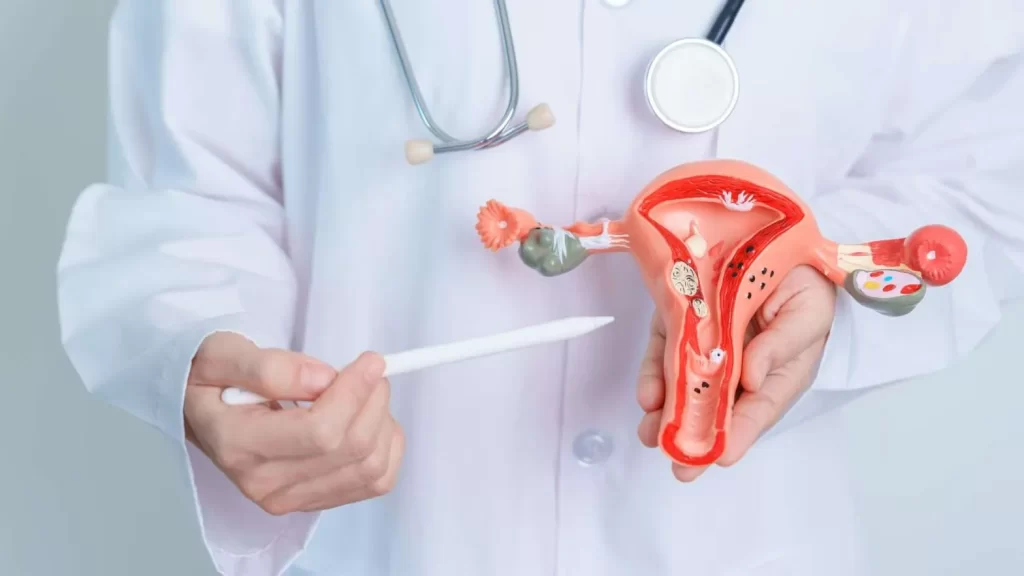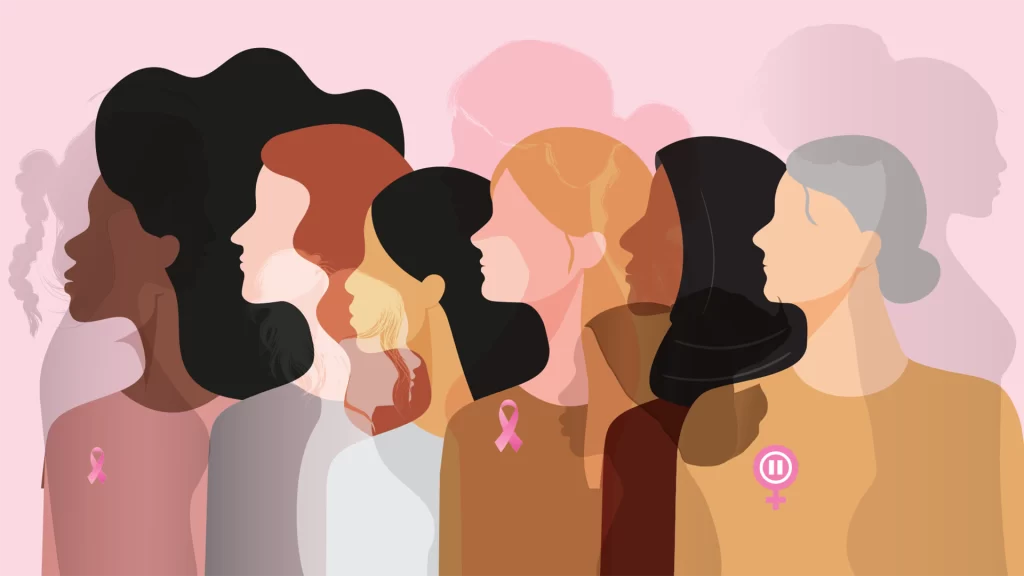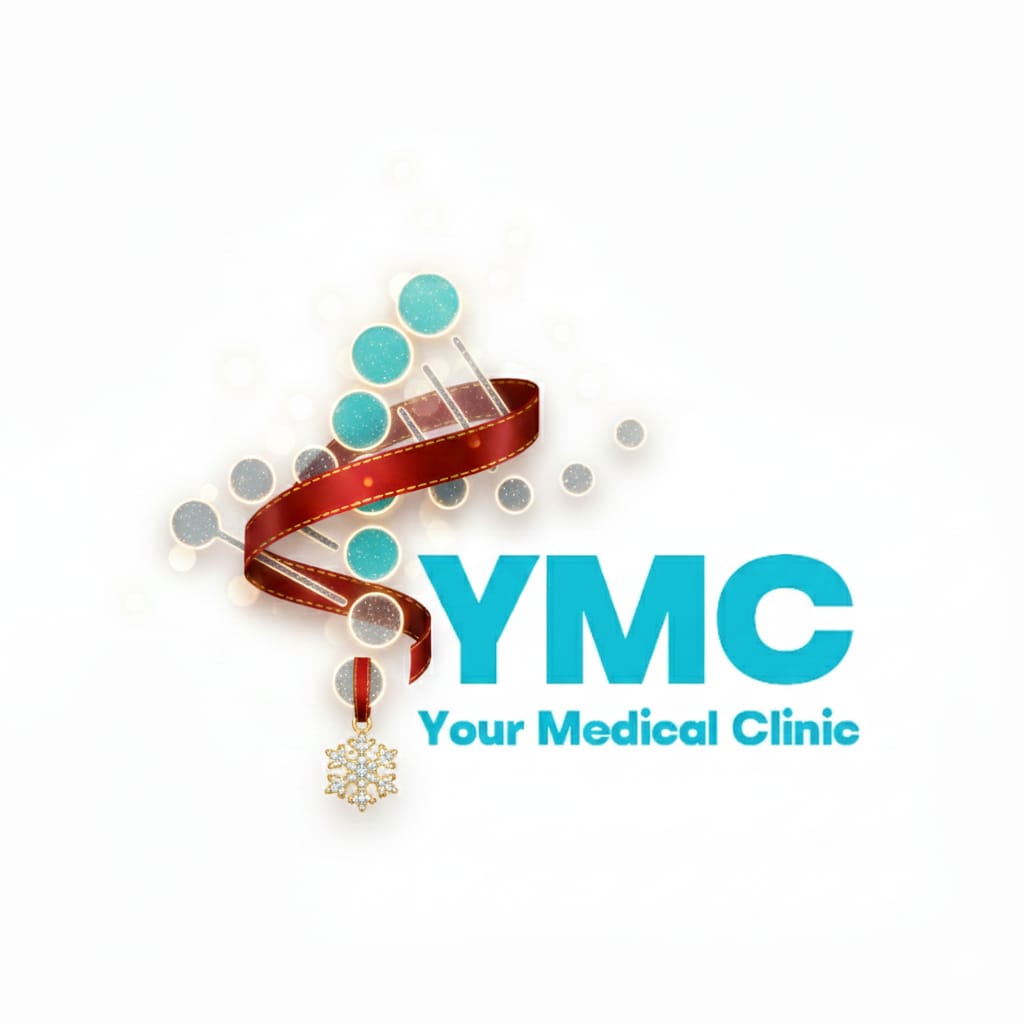PCOS EN

Polycystic Ovary Syndrome A Women’s Health Challenge and How to Manage It: International Women’s Day is an opportunity to raise awareness about women’s health and discuss some of the challenges they face in their daily lives. One of these challenges is polycystic ovary syndrome (PCOS), a hormonal disorder that affects millions of women around the world. This disorder can have a profound impact on women’s lives, causing various symptoms and increasing the risk of other diseases. However, with proper treatment and symptom management, women can live healthy and active lives. What is Polycystic Ovary Syndrome (PCOS)?Polycystic ovary syndrome (PCOS) is a common hormonal disorder that affects women of reproductive age. It is characterized by high levels of male hormones (androgens) in a woman’s body, which can cause problems with ovulation and the development of eggs in the ovaries. Because of this, women with PCOS may have irregular menstrual cycles, lack of ovulation, acne, and sometimes even weight gain or growth of facial and body hair. Main Symptoms of PCOS:Symptoms of PCOS can vary from woman to woman, but some of the most common include: Irregular menstrual cycles – Women with PCOS often have irregular cycles, may skip periods or have periods several times a year. Fertility Problems – Cessation of ovulation makes it more difficult for women to get pregnant. Hair Growth – Women may notice hair growth on their face, abdomen, and chest due to high levels of male hormones. Acne and Sensitive Skin – PCOS can cause increased acne and oilier skin, especially on the face and back. Weight Gain and Inability to Lose Weight – Women with PCOS may experience weight gain, especially in the abdominal area, and may have difficulty losing weight. Hair Loss – The impact of high levels of male hormones can cause hair loss on the head. Causes and Risk Factors:The exact causes of PCOS are not fully known, but some possible factors include: Genetics – If someone in your family has had PCOS, you may be more predisposed to developing the condition. Hormones – High levels of androgens and insulin can cause hormonal imbalances, contributing to the development of PCOS symptoms. PCOS Treatment:Treatment for PCOS varies and depends on the symptoms. Although there is no cure for PCOS, there are several options to manage symptoms and improve your quality of life. Some treatment options include: Medications to regulate menstrual cycles – Using birth control pills can help regulate menstrual cycles and reduce symptoms such as acne and hair growth. Fertility-enhancing drugs – The use of drugs such as clomiphene and metformin can help women trying to get pregnant by stimulating ovulation. Weight management – Exercising and eating a healthy diet can help you maintain a healthy weight and control insulin levels. Acne Treatment and Hair Growth – Medications such as spironolactone can help reduce hair growth and improve skin condition. Improved Mental Health – Women with PCOS may experience anxiety and depression due to physical symptoms and the potential impact on fertility. Counseling and psychological support can be helpful in addressing these challenges. Women with PCOS should have regular medical checkups to manage symptoms and prevent the development of long-term complications. Controlling blood sugar levels and monitoring cardiovascular health are important to prevent possible complications such as diabetes and heart disease. Polycystic ovary syndrome (PCOS) is a common disorder that can significantly impact women’s lives. However, with proper treatment and healthcare support, women can manage their symptoms and live healthy, fulfilling lives. At our hospital, we are committed to providing a wide range of treatment and support options for women with PCOS. On this International Women’s Day, it is important that women are informed and seek the care they need for their health. Together for a healthy future! Book your consultation with a specialist doctor now! Your Medical Clinic staff provides all patients with specialized medical service at the highest standards. (+355) 69 627 7162
Priority for women’s health

The importance of prevention On International Women’s Day, it is important to recognize the extraordinary role that women play in society. However, women often prioritize the needs of others over their own, which ends up neglecting their own personal health. Prevention is essential for women of all ages, as it ensures not only a longer life, but also a better quality of life and fewer health problems in the future. At our hospital, we emphasize the importance of health checks for women, to encourage them to take responsibility for their own well-being. The Role of Prevention in Women’s Health: Prevention is the foundation for maintaining good health. It includes proactive measures, such as regular checkups, healthy lifestyle choices, and vaccinations, that help women prevent health problems before they occur. Some of the most important checkups for women include: • Breast cancer screening: Mammography can help detect breast cancer early, when it can be more easily treated.• Papanicolaou and HPV tests: Cervical cancer can often be prevented with regular checks, which help identify abnormalities that can develop into cancer.• Blood pressure and cholesterol monitoring: Cardiovascular disease is the leading cause of death in women, and regularly monitoring blood pressure and cholesterol levels can prevent complications. Advantages of early detection: Early detection of diseases such as breast cancer, cervical cancer and heart disease significantly increases the chances of successful treatment. If detected in the early stages, treatments are often less invasive, more effective and have a higher success rate. This underlines the importance of having regular check-ups and tests. How YMC Supports Women’s Health: At our hospital, we offer a wide range of women’s health services, including: • Comprehensive gynecological care• Mammograms and breast exams• Heart health checks• Hormonal health assessments We encourage all women to take time for their health and book an appointment today. Prevention is a powerful tool to preserve health and quality of life. Conclusion: On this International Women’s Day, we invite you to take a moment to prioritize your health. Taking care of yourself is not selfish, but essential. Prevention is a powerful tool to preserve well-being and quality of life. Together for a healthy future! Book your consultation with a specialist doctor now! Your Medical Clinic staff provides all patients with specialized medical service at the highest standards. (+355) 69 627 7162
Empowering women through education

Health Awareness and Access to Health Care International Women’s Day is an opportunity to celebrate the strength, resilience, and contributions of women around the world. However, it is also a reminder of the challenges women still face, especially when it comes to health. Lack of awareness, stigma, and barriers to accessing healthcare can prevent women from seeking the care they need. At our hospital, we believe in providing women with the knowledge and resources they need to take control of their health. The need for health education: Health education plays a critical role in helping women make informed decisions about their well-being. Many health conditions can be managed or prevented through education, but women often lack access to reliable information or resources. This can lead to misunderstandings about their health, delays in seeking care, and unpredictable health problems. Key health areas that require increased awareness and education include: • Reproductive health: Understanding menstruation, contraception, fertility and menopause can help women make informed decisions about their reproductive health.• Mental health: Women are more likely to suffer from anxiety, depression and other mental health problems, but many do not seek treatment due to stigma or lack of awareness.• Chronic conditions: Conditions such as osteoporosis, arthritis and diabetes are more common in women, and education about managing these conditions can lead to better long-term health outcomes. Removing Barriers to Access to Care: Access to healthcare continues to be a significant barrier for many women, especially in rural or unsafe areas. Financial constraints, cultural norms, and a lack of female health workers can prevent women from seeking medical care. Our hospital is committed to addressing these barriers by providing: • Care Options: We offer a range of competitively priced services to ensure women have the opportunity to receive the care they need without worrying about the financial burden.• Women’s Specialists: We ensure the availability of women’s specialists who can care for women’s health issues, from gynecology to mental health. The importance of community support: Women need a strong support system, both within their families and in the community, that encourages them to prioritize their health. At our hospital, we aim to create a supportive environment where women can feel comfortable talking about their health concerns, seeking advice, and receiving care. Conclusion: On this International Women’s Day, we encourage all women to take charge of their own health by seeking education and access to health resources. At our hospital, we are committed to empowering women to take control of their own well-being by providing education, support, and access to quality health care. Join us today to make informed choices for a healthier future! Together for a healthy future! Book your consultation with a specialist doctor now! Your Medical Clinic staff provides all patients with specialized medical service at the highest standards. (+355) 69 627 7162

